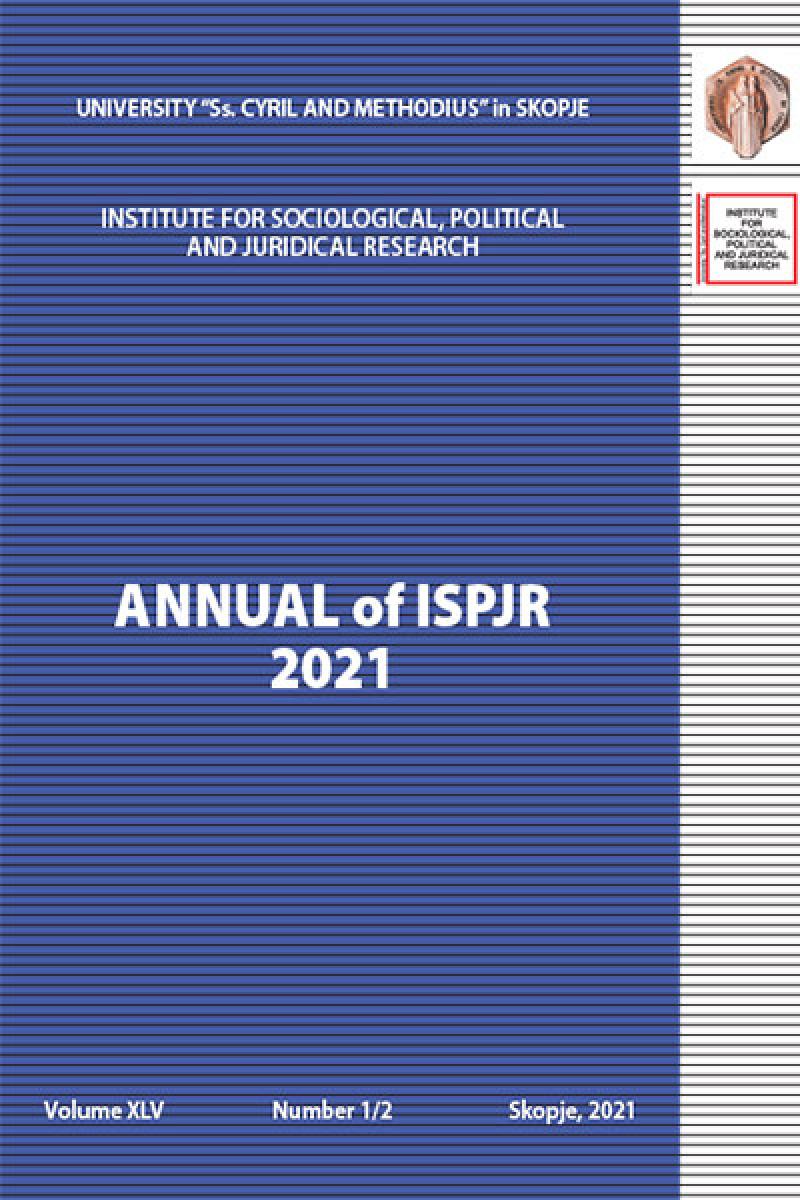In the discourse on urban life, there is always a risk of a constant emphasis on loss – the open and colorful city life in public spaces being privatized, commodified or segregated in new ways. Putting aside the urban imaginary and perceptions of the modern city (Donald 1999), the mere fact of urban densification inevitably leads to shrinking public spaces. While public spaces are always under threat, a diachronic perspective enables us to see how some areas and meeting places are enclosed or disappear while others are born. In a constantly changing cityscape, there are restrictions imposed but also new emerging potentials for claiming collective space. This transformation is additionally burdened by the demographic changes particularly noticeable in last decades. Cities have always been the hallmark of diversity and we must take into account this social fact.
Содржина
11 - Silvija Shaleva: Urban commons and collective approach to public spaces in contemporary cities
29 - Elena Koprtla: The urban identity in post-socialist cities through the lenses of the balkan cinema
39 - Nikola Gjorgjievski: The ambiguous surface: poetic, formal and programmatic reading of the territory
47 - Mirjana Lozanovska: Citizen participation in the decision-making process: abandoned industrial areas in the city of Skopje
61 - Srdjan Radović: Evolution of a Belgrade square from a transportation hub into a (quasi) historical theme park
71 - Bojana Naumovska: The german electoral model in response to the macedonian political content
85 - Nikola Gjorgon, Gordica Karanfilovska: Brexit and the european peace project paradigm
101 - Nazan Mustafa: The impact of conflicts on the performance of family business

